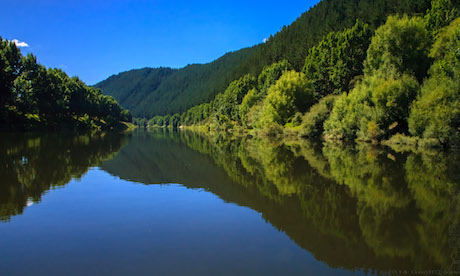Te Awa Tupua (Whanganui River Claims Settlement) Bill, which passed its third reading in Parliament last week, establishes a new legal framework for the river.
Family First has taken the occasion as an opportunity to highlight the fact that the unborn child has no legal rights.
They say the new law gives the Whanganui river and all its tributaries more rights than the unborn child.
“Although New Zealand now feels compelled to grant human rights to non-living entities in the nation, the country allows women of any age to have an abortion under a number of circumstances.”
“That’s right folks. An unborn child has less rights than a river. Only in NZ!”
In 2011 the court of appeal upheld a previous high court judge’s ruling that unborn children do not have a right to life.
However, in law, a legal person, is not the same thing as natural person.
Legal, or judicial, person
Refers to a non-human entity that is treated as a person for limited legal purposes. Legal persons can sue and be sued, own property, and enter into contracts.
There are already numerous legal persons in New Zealand. Many corporations, trust boards, and church institutions are legal persons.
Natural person
Refers to an individual human being. No other entity can be deemed to be a natural person.
In many cases, fundamental human rights are implicitly granted only to natural persons.
In most countries for example, legal persons cannot vote, marry, or hold public office.
Most countries also exclude legal persons from holding natural or constitutional rights, such as the freedom of speech.
The Whanganui river is the first river in the world to be made a legal person.
This week India granted Ganges and Yamuna rivers legal person status. In making their decision, the judges cited the ruling in New Zealand as part of their reasoning.
Source
